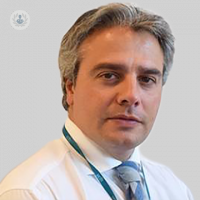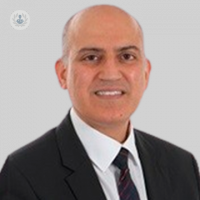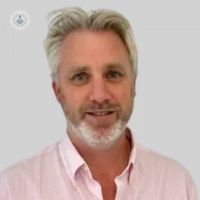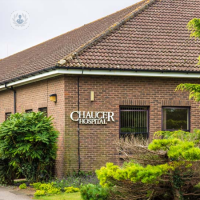Oral medicine
Professor Stefano Fedele - Dentistry
Created on: 11-13-2012
Updated on: 06-19-2023
Edited by: Conor Dunworth
What exactly is meant by oral medicine?
Oral medicine is a non-surgical treatment process and management of medical disorders of one's mouth. It is the part of dentistry that is responsible for diagnosing and treating diseases originating in the mouth (primary) and general diseases affecting this area (secondary), affecting structures of one's oral cavity.

What is the role of oral medicine? What does it do?
Oral medicine does not merely involve the inspection of one's teeth, but also involves the thorough examination of one's tongue, palate, lips, cheeks and floor of the mouth in order to detect both benign and malignant diseases that may be present in one's mouth.
What are the main conditions that oral medicine typically treats?
Generally, the most common conditions that oral medicine treats include the following:
- Salivary gland diseases
- Various oral complications as a result of a systemic disease
- Oral complications as a result of cancer treatment
- Oral neurologic impairment
How are these conditions diagnosed?
The conditions can be diagnosed with an intraoral and extraoral visual examination of the mouth and through additional tests such as x-rays, biopsies, blood tests, and microbiological tests. A thorough and accurate diagnosis must also take into account the patient's medical history.
Which specialist deals with oral medicine?
Periodontists are the specialists who deal with and are experts when it comes to oral medicine.







